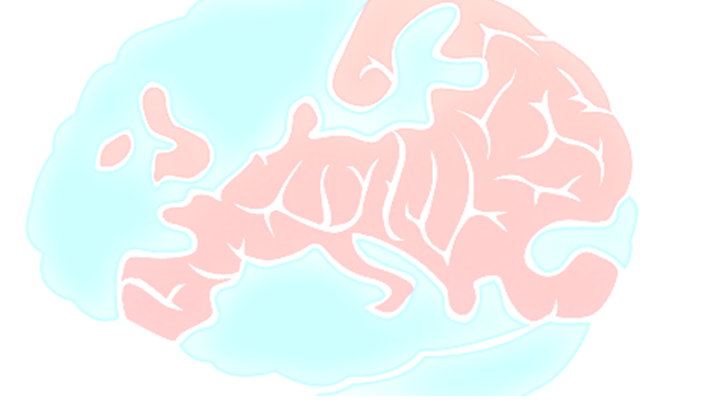
by Jason Deegan. Originally published on 2014/02/14
Recently in the news there has been a lot of discussions about the Geneva II talks by the UN to bring an end to the horrendous Syrian Civil war. It which has claimed between 97,000 and 130,000 deaths so far and has led to one of the biggest refugee crises recently with upwards of 2 million civilians fleeing the conflict and with both parties to the conflict stepping up the violence and ferocity of their attacks. It goes without saying that there must be a resolution intended to put an end to this conflict. Widespread Human Rights abuses are becoming ever more prevalent within the conflict and a worrying array of splintered groups are trying to gain power in Syria. The different parties should be brought to the table as to find a compromise to end the conflict. Can the EU assist in this endeavour and what should its role be?
Ukraine
Also commonly featured in the news is the question of Ukraine, the EU and Russia. The protests and demonstrations started after the government of President Viktor Yanukovych scuppered moves to bring Ukraine closer to the EU and instead sided to stay closely aligned to Russia. This move was based on the acclaimed possibility of joining the Customs Union of Belarus, Kazakhstan, and Russia. This lead to spontaneous protests in the capital Kiev on the night of the 21st November but it soon appeared to entail numerous problems with the general Ukrainian Political system Finally, the protests led to calls for President Yanukovych to step down and allow for democratic elections. However, the protests split opinion in Ukraine between the 50% of the population disapproving the Euromaidan process and 45% supporting the European integration. While support for European Integration is strongest in Kiev at about 75% and in Western Ukraine (bordering mainly EU countries ) over 80% there evolved debates within the Ukraine about the likelihood of a civil war, as a distant prospect but a frightening one. With no end in sight to this pro-EU civil unrest, what part, if any, can the EU play ?
EU’s foreign policy.
The question that must be asked is when and where the EU as an effective global player and indeed, a global power comes into action. The very nature of the European Union means that any course of action should take a non-partisan approach, an approach in the case of Syria that is solely focused on being able to facilitate dialogue between the parties of the conflict. It must also be strictly focused on a humanitarian side, one that seeks to ease civilian suffering within the conflict and bring a speedy resolution to the conflict. The measures that can be used are still somewhat limited as the European Union is so fractured regarding the notion of a military force intervening, as there are members which are neutral on the one side and members, who either do not wish or would not agree to be engaged in a conflict, on the other side There does not exist a consensus concerning the degree to what amount of force should be used and who should use it, would get bogged down and lead to debates about the power of the EU. However, similar to the UN, the EU should have the power to develop a peacekeeping force that can be deployed to ensure minimalized civilian risk and should only be employed in extreme circumstances. A much more effective tactic would be to employ weapons embargos and sanctions on officials, who are actively sustaining the conflict and also the EU should take a much more proactive approach to the issue of refugees so as to ensure the number of casualties is lowered and there is a speedy movement towards bringing an end to these conflicts.
In the Ukrainian case, which is particularly more closely linked to the EU, it is a much more difficult situation and the question of what can the EU actually do is much more limited. However, the situation cannot simply be left to run its own course, because with such high pitched emotions the situation could turn sour very fast and there must be a resolution sooner or later. Nevertheless, with such a split in public opinion one must ask what would be the most effective way to bring an end to the civil unrest. The most desirable way out would be a peaceful, democratic election and a referendum to ensure the democratic legitimacy of the government and make certain whether to move forward with talks with the EU or not.
The EU is definitely within the remit to be classed as a Global power. The EU accounts for 40% of all global trade, which is a major slice and they also provide 55% of all the world’s development aid, truly far above its proportion of the population of the world that stands at just 7.3%. This shows that the EU has the economic power to invoke sanctions and contribute to the desired goals of the organisation which are rooted in human rights, peace and prosperity.

 Is the World Trade Organisation a Failure?
Is the World Trade Organisation a Failure?  Is EU citizenship for sale – or for keeps? A critical analysis of the CJEU’s Golden Visa ruling.
Is EU citizenship for sale – or for keeps? A critical analysis of the CJEU’s Golden Visa ruling.  The European Union in Space: From exploration and innovation to security and autonomy
The European Union in Space: From exploration and innovation to security and autonomy  The Rise of the Right: The Threat Right-Wing Extremism Poses to Women and Feminist Efforts in Germany
The Rise of the Right: The Threat Right-Wing Extremism Poses to Women and Feminist Efforts in Germany 


